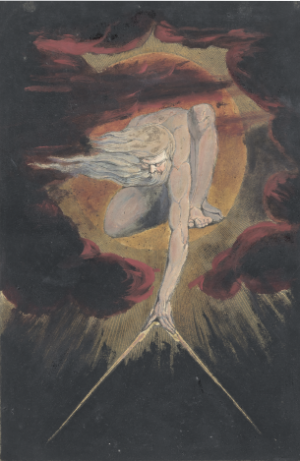Apr 21-22, 2016
A Taste of Science: Subjectivity and Objectivity in the California Wine-World
- 14:30 bis 17:00
- Art of Judgement: A Speakers’ Series
- Abt. III
- Steven Shapin
Program
April 21, 14:30–16:00: Public Lecture + Q&A
Speaker: Steven Shapin, Harvard University, Department of the History of Science
Abstract: Present-day ways of describing the sensory characteristics of wine centre on the components of odour: wines are said to smell of green peppers, petrol, raspberry, leather, and so on. Many people take such talk as mystifying nonsense– wholly subjective and possibly arbitrary. Yet the roots of these descriptions are in the scientific laboratory, and especially in oenological work done at the University of California, Davis, from the Second World War by Maynard Amerine (1911-1998) and his colleagues. Amerine pursued a research agenda devoted to what he called the “sensory evaluation” of wine; he aimed to sort out objective from merely subjective ways of talking about the organoleptic properties of wine; and he sought a vocabulary in which the order of descriptive words matched the order of distinct sensory experiences. This was an enterprise which tried to ground aesthetic judgment in the domain of fact, and, for this reason, it prompts reflection on the workings of many modern scientific practices which are now enlisted in commercial enterprises whose success depends on consumer preferences. To what needs did such a programme respond? How were objectivity and subjectivity identified, bounded, and practically managed? What was the role of chemistry, and especially the findings delivered by new chemical techniques, in the reform of descriptive language?
April 22, 10:00-12:00: Workshop
The members of the Working Group will convene with the guest speaker (and anyone else interested) for a more in-depth discussion of the challenges of analyzing judgements.
Verwandte Projekt(e)
Max-Planck-Institut für Wissenschaftsgeschichte, Boltzmannstraße 22, 14195 Berlin, Deutschland

Print by William Blake, 1794. Source: Yale Center for British Art, Paul Mellon Collection, Public Domain.
The guest speakers address the various, occasionally unexpected ways judgements have been understood, validated, and acted upon by historical actors. Of particular relevance is here the analysis of matters of objectivity, subjectivity, and reliability and of how these relate to the production of judgements in a variety of fields of inquiry.
